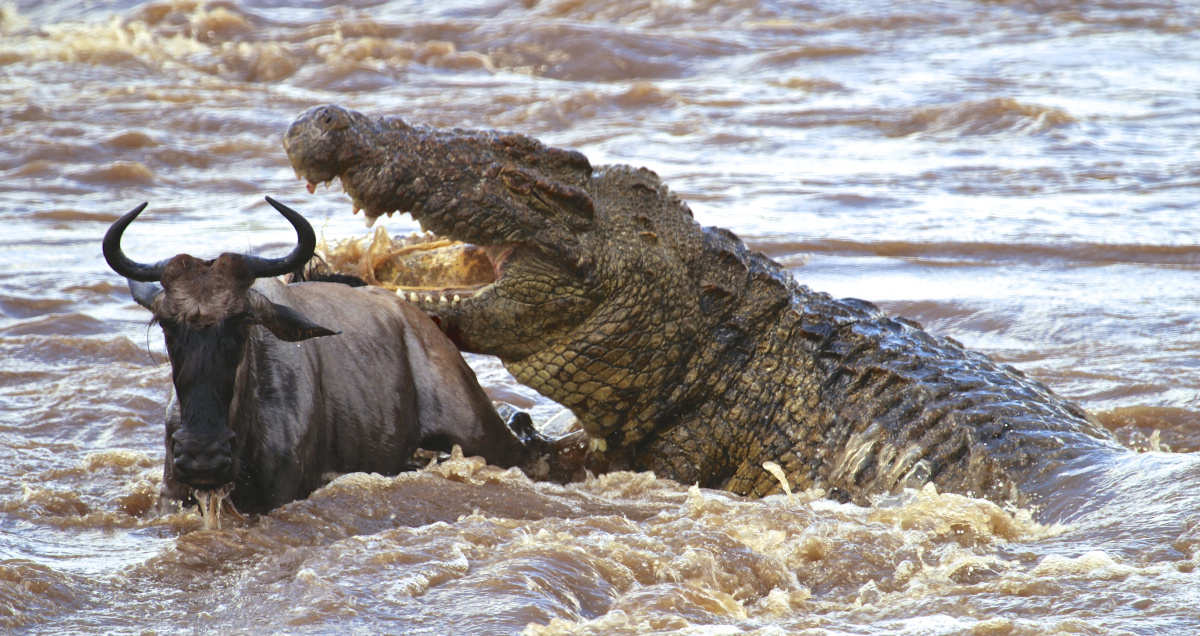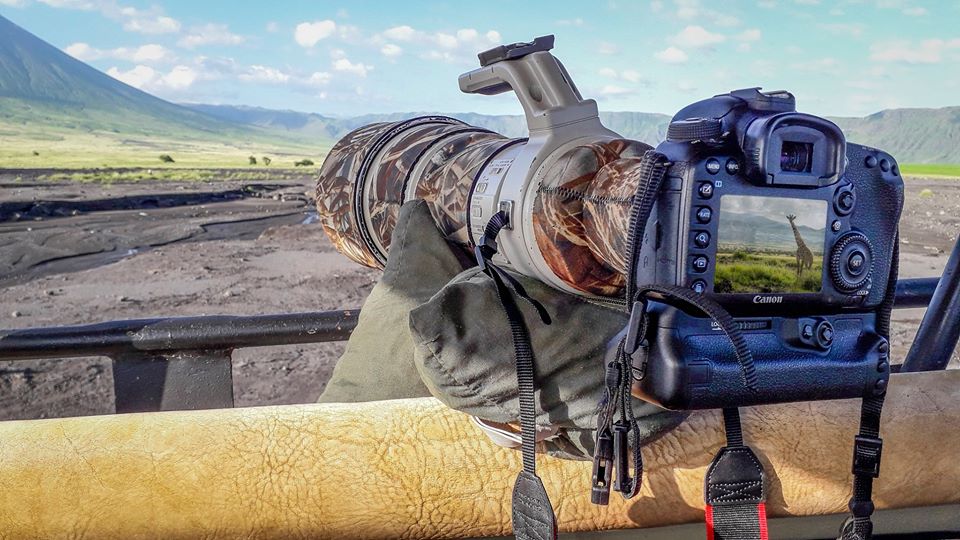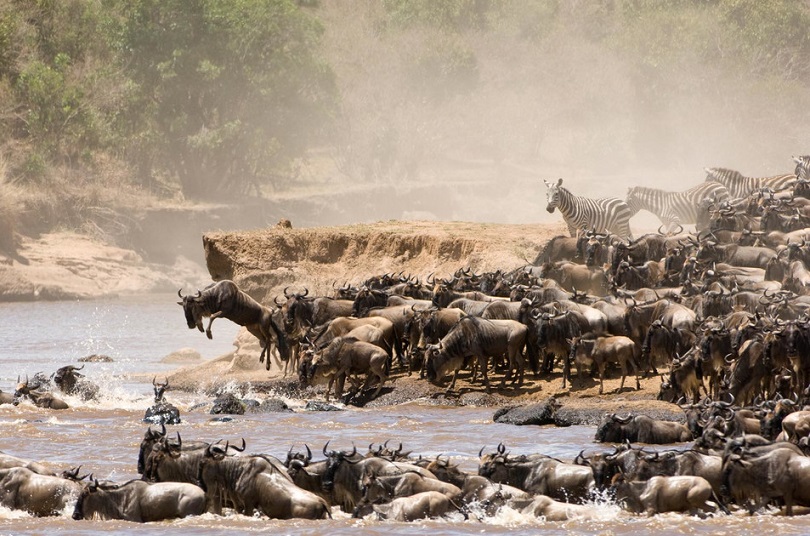Tourism L.Tanganyika Future
Promoting Tourism as a Sustainable Solution for Lake Tanganyika’s Future
Lake Tanganyika, one of the largest and oldest freshwater lakes in the world, is facing growing environmental pressures. Overfishing, unsustainable agricultural practices along the rivers feeding into the lake, and rising water levels threaten both the ecosystem and the livelihoods of local communities. However, tourism presents a sustainable solution that not only promotes conservation but also offers economic alternatives to fishing and agriculture, ensuring the long-term health of this vital resource.
The Impact of Overfishing on Lake Tanganyika
Overfishing has long been a significant issue for Lake Tanganyika. The lake is home to unique fish species that are vital to both the local economy and biodiversity. However, the demand for fish has led to unsustainable fishing practices, depleting fish stocks and threatening aquatic ecosystems. As the fish populations decline, local fishermen struggle to make a living, perpetuating a cycle of poverty and environmental degradation.
How Tourism Can Replace Overfishing
By shifting the focus from fishing to tourism, we can offer local communities a more sustainable and profitable alternative. Lake Tanganyika is home to stunning wildlife, crystal-clear waters, and breathtaking landscapes that draw travelers from around the world. Eco-tourism focused on wildlife safaris, boat tours, bird watching, and cultural experiences can generate substantial income for local communities, creating jobs and supporting small businesses, such as local guides, accommodation providers, and artisans.
Instead of relying on fish stocks, which are rapidly diminishing, tourism provides a long-term and renewable source of revenue. The more tourists flock to the lake to witness its natural beauty, the greater the incentive for the community to protect the environment, including the lake’s aquatic life. With the right promotional efforts, sustainable tourism can not only replace the need for overfishing but also raise awareness of the importance of conservation.
The Role of National Parks and Protected Areas
The surrounding national parks and ecosystems are vital to maintaining the balance of Lake Tanganyika’s environment. These protected areas not only conserve biodiversity but also offer tourists unparalleled opportunities to witness Africa’s wildlife in its natural habitat, providing additional sources of income for the local community.
1. Gombe National Park:
Located on the shores of Lake Tanganyika, Gombe is home to one of the most famous chimpanzee populations in the world. The park’s chimpanzees attract eco-tourists and researchers, offering both scientific value and an unforgettable experience for visitors. Promoting tourism in Gombe supports the protection of chimpanzee habitats and helps fund conservation efforts aimed at preserving these endangered primates.
2. Mahale National Park & the Great Mahale Ecosystem:
Mahale National Park is one of Africa’s most remote and pristine parks. Known for its stunning landscapes and diverse wildlife, Mahale is home to a thriving population of chimpanzees and offers one of the best opportunities for chimpanzee trekking in Africa. Its protected ecosystem plays a critical role in maintaining the health of the lake’s environment. Tourism here can help mitigate the pressures of local overfishing and promote sustainable practices among surrounding communities.
3. Katavi National Park:
Katavi, one of Tanzania’s least explored parks, is a wildlife haven that is increasingly attracting adventurers seeking untouched wilderness. The park is home to large herds of elephants, lions, and diverse bird species. Promoting tourism in Katavi offers the dual benefit of generating income while providing an alternative to destructive practices like overfishing. The park’s natural beauty and wildlife make it a key asset for sustainable tourism development.
4. Issa Valley:
Issa Valley, an important area for wildlife conservation and research, is an ecologically significant region along the shores of Lake Tanganyika. Its biodiversity is crucial for maintaining the health of the entire lake ecosystem. By promoting tourism here, we not only protect the area’s rich wildlife but also raise awareness about the need to protect water sources feeding into the lake.
The Importance of Promoting Sustainable Tourism
To shift the mindset of local communities from overfishing to tourism, effective promotion and education are key. This involves highlighting the economic and environmental benefits of eco-tourism, as well as demonstrating how preserving the lake’s ecosystems directly contributes to their livelihoods.
1. Economic Incentives for Local Communities:
- Promote the value of the lake’s biodiversity as a long-term resource.
- Showcase success stories where communities have benefitted from eco-tourism rather than overfishing.
2. Conservation Education:
- Educate locals about the importance of protecting the lake’s ecosystem and the impact of sustainable practices.
- Encourage them to participate in conservation efforts such as sustainable fishing, wildlife protection, and waste management.
Addressing Agricultural Practices and Water Level Rise
Agriculture along the river valleys that feed into Lake Tanganyika has also contributed to environmental challenges. Unsustainable farming practices, including deforestation and the use of harmful fertilizers, have led to soil erosion and increased nutrient runoff into the lake. This runoff has contributed to rising water levels and the degradation of water quality, further endangering the aquatic life that sustains both the local population and the tourism industry.
To mitigate these challenges, it is essential to shift agricultural practices away from environmentally harmful techniques. This can be achieved by:
1. Promoting Sustainable Agriculture:
- Encourage agroforestry and other soil conservation practices to reduce erosion and improve water quality.
- Provide training and resources to farmers on sustainable techniques that reduce the environmental impact.
2. Incentivizing Land Use Changes:
Introduce alternative livelihoods, such as organic farming, that protect the watershed areas.
Promote eco-tourism ventures that involve agricultural land use in a sustainable manner, like farming tours or organic produce markets, which can bring additional income to the community.
A Call to Action for the Future of Lake Tanganyika.
By prioritizing the promotion of tourism and sustainable agricultural practices, we can protect Lake Tanganyika’s fragile ecosystem while ensuring that local communities thrive. Tourism has the potential to be a powerful tool in moving people’s minds away from harmful practices like overfishing and unsustainable agriculture, toward more eco-conscious and economically rewarding alternatives.
Now is the time to embrace sustainable practices that balance human livelihoods with environmental preservation. Through a concerted effort to promote tourism, we can ensure that Lake Tanganyika remains a vibrant and life-sustaining ecosystem for generations to come.









